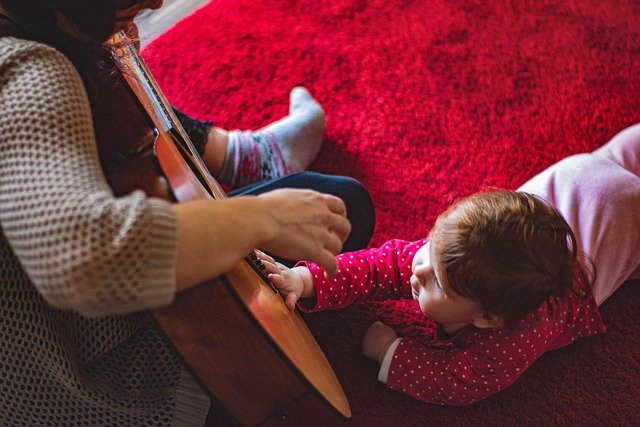The Silent Revolution of Slow Parenting
In a world obsessed with fast-paced living, a new parenting philosophy is quietly taking root. Slow parenting, a movement that encourages parents to step back and allow their children to explore the world at their own pace, is gaining traction among families seeking a more balanced approach to child-rearing. This counterintuitive method challenges the norms of modern parenting and promises a more fulfilling family life. Read below to discover how this gentle revolution is reshaping family dynamics and childhood experiences.

Origins and Philosophy
Slow parenting traces its roots to the early 2000s, when journalist Carl Honoré popularized the term in his book In Praise of Slow. The movement gained momentum as parents began to question the wisdom of constantly rushing their children from one activity to another. At its core, slow parenting is about creating space for children to explore their world without constant adult intervention or structured activities.
This approach is not about neglect or laziness; rather, it emphasizes quality over quantity in terms of time spent with children. Slow parents aim to be fully present during interactions with their kids, fostering deeper connections and more meaningful experiences. The philosophy encourages parents to trust in their children’s natural curiosity and ability to learn through play and exploration.
Benefits for Child Development
Research in child psychology supports many of the principles underlying slow parenting. Studies have shown that unstructured play time is crucial for cognitive, social, and emotional development in children. By allowing kids more freedom to explore and make decisions, slow parenting can help foster independence, creativity, and problem-solving skills.
Moreover, the reduced pressure and stress associated with this parenting style may lead to better mental health outcomes for children. Psychologists have noted that overscheduling and excessive academic pressure can contribute to anxiety and depression in young people. Slow parenting, with its emphasis on balance and natural development, may help mitigate these risks.
Challenges and Criticisms
Despite its potential benefits, slow parenting is not without its critics. Some argue that in an increasingly competitive world, children need structured activities and early academic preparation to succeed. There are concerns that a more relaxed approach to parenting could put children at a disadvantage in terms of future academic and career prospects.
Additionally, implementing slow parenting principles can be challenging in a society that often equates busyness with productivity and success. Parents may face social pressure to conform to more traditional parenting styles or feel guilty about not providing their children with every possible opportunity for enrichment.
Practical Implementation
For those interested in adopting slow parenting principles, there are several practical steps to consider. First, it’s important to declutter the family schedule, making room for unstructured time. This might mean limiting extracurricular activities or setting aside regular periods for free play.
Creating a home environment that encourages exploration and creativity is another key aspect. This could involve setting up open-ended play areas or simply allowing children more freedom to use household items in imaginative ways. Slow parents also prioritize spending time in nature, recognizing the many benefits of outdoor play for child development.
Impact on Family Dynamics
Slow parenting has the potential to transform not just individual child development, but entire family dynamics. By reducing the rush and stress of overscheduled lives, families may find more opportunities for meaningful connection and shared experiences. This can lead to stronger bonds between parents and children, as well as among siblings.
Furthermore, the slow parenting philosophy often extends beyond child-rearing to influence overall family lifestyle choices. Many families adopting this approach report a shift towards simpler living, with a greater emphasis on experiences over material possessions. This can result in a more mindful and sustainable approach to family life.
Cultural Shift and Future Prospects
As slow parenting gains traction, it’s beginning to influence broader cultural attitudes towards childhood and family life. Educational institutions are starting to recognize the value of play-based learning and unstructured time, leading to changes in curriculum design and school schedules.
Looking ahead, the slow parenting movement has the potential to reshape societal expectations around child-rearing and success. As more families embrace this approach and share their experiences, it could lead to a reevaluation of what constitutes a healthy and fulfilling childhood in the modern world.
In conclusion, slow parenting represents a significant shift in approach to raising children in today’s fast-paced society. By encouraging a more relaxed and child-led approach to development, it offers an alternative to the high-pressure parenting styles that have dominated in recent years. While challenges remain, the growing interest in slow parenting suggests a desire among many families to find a more balanced and fulfilling way of nurturing the next generation.






